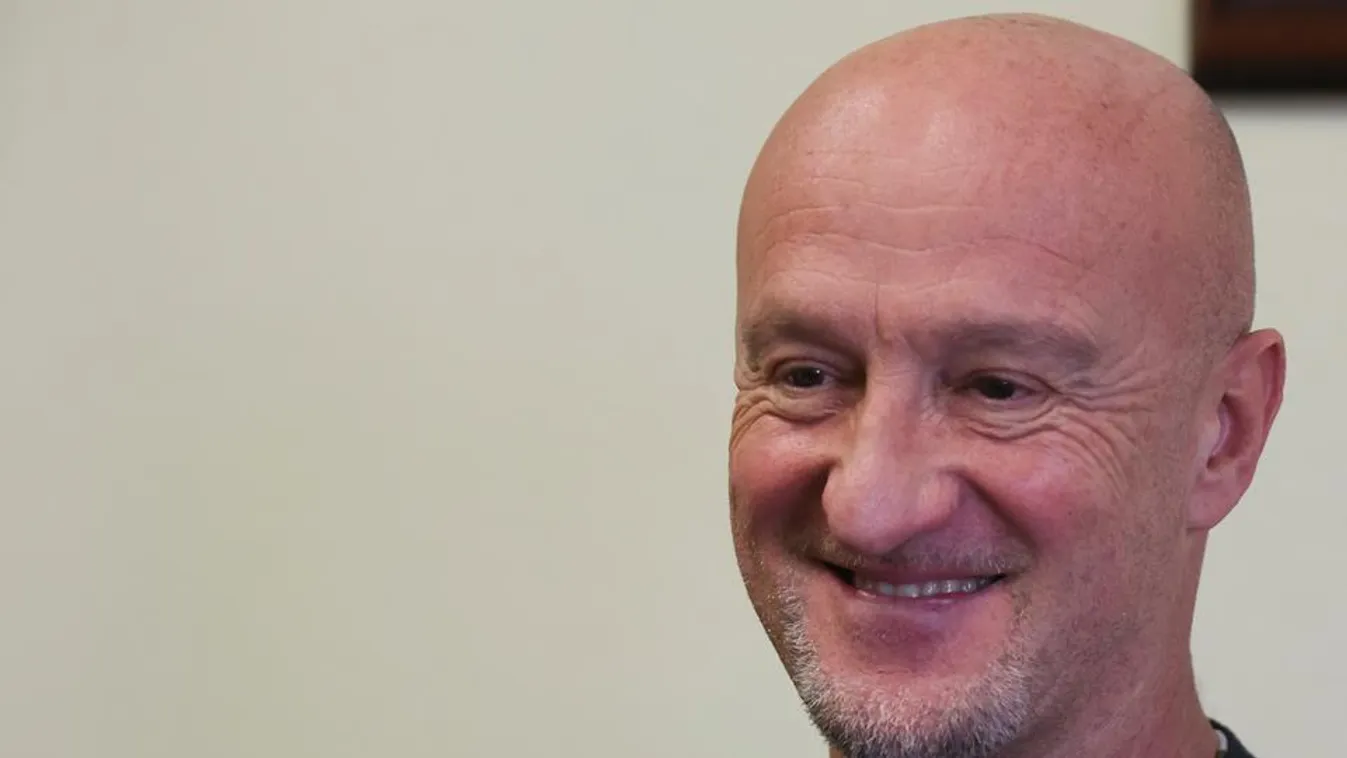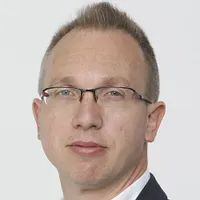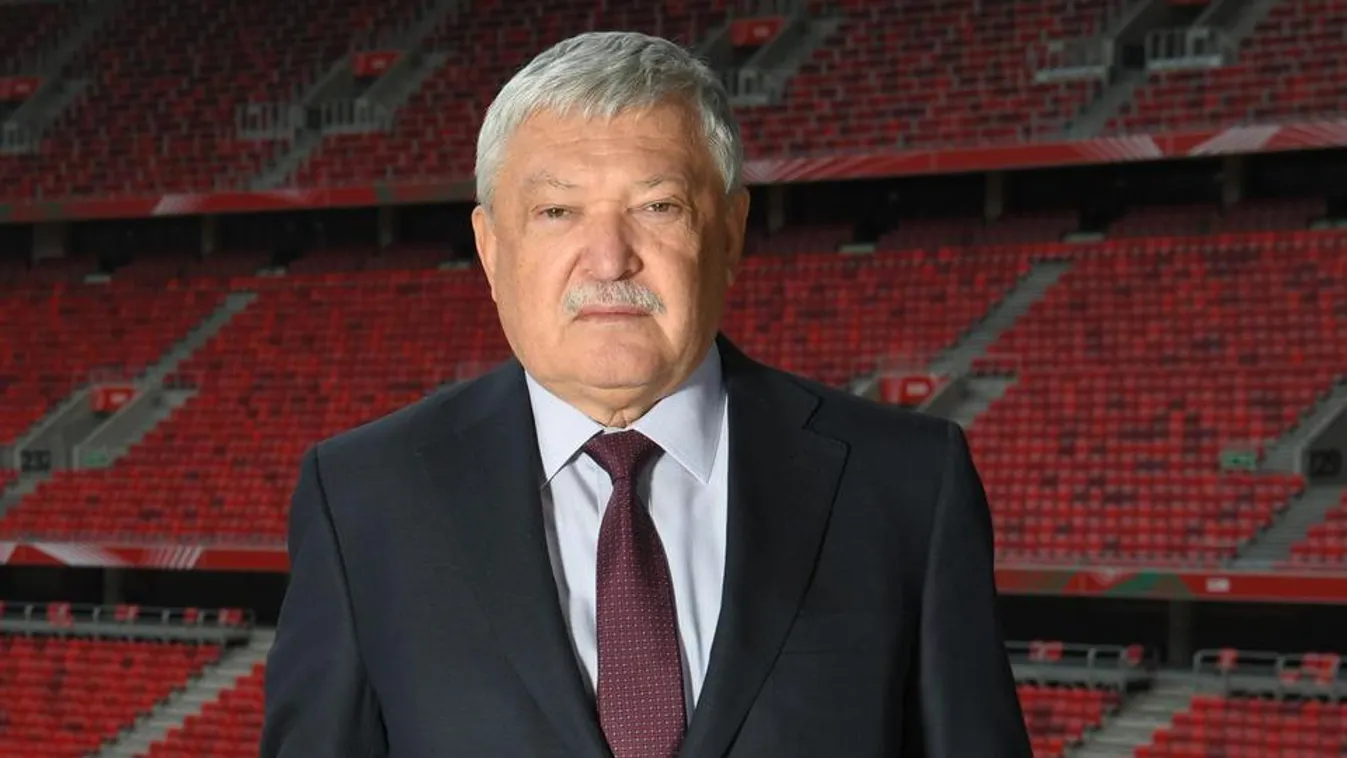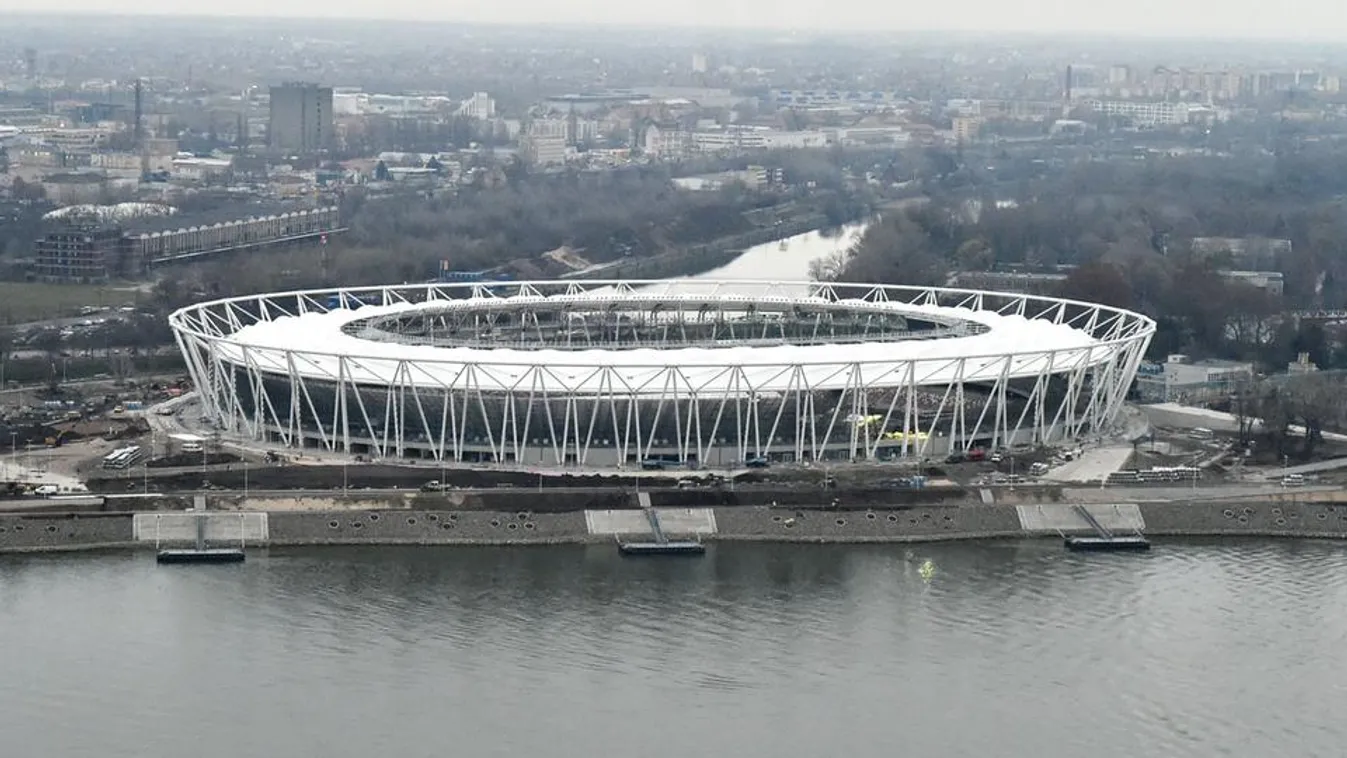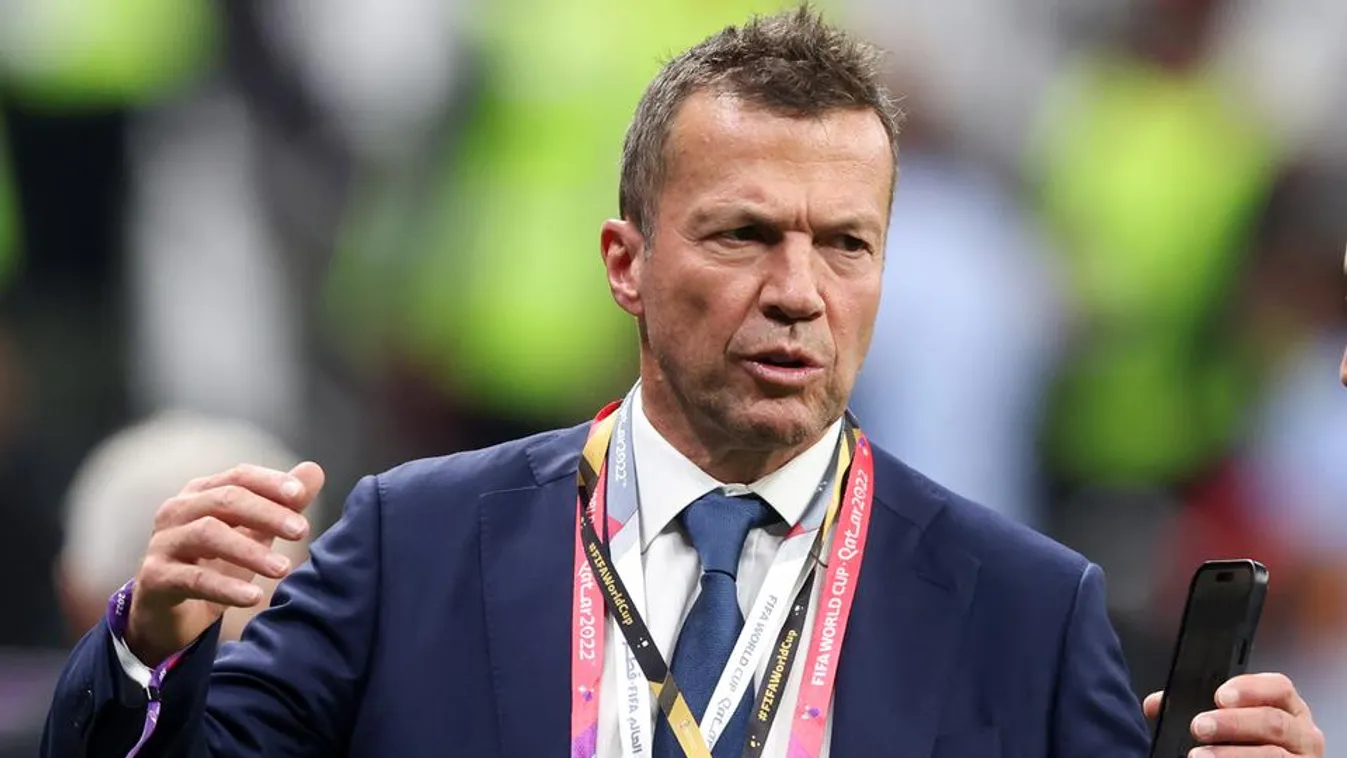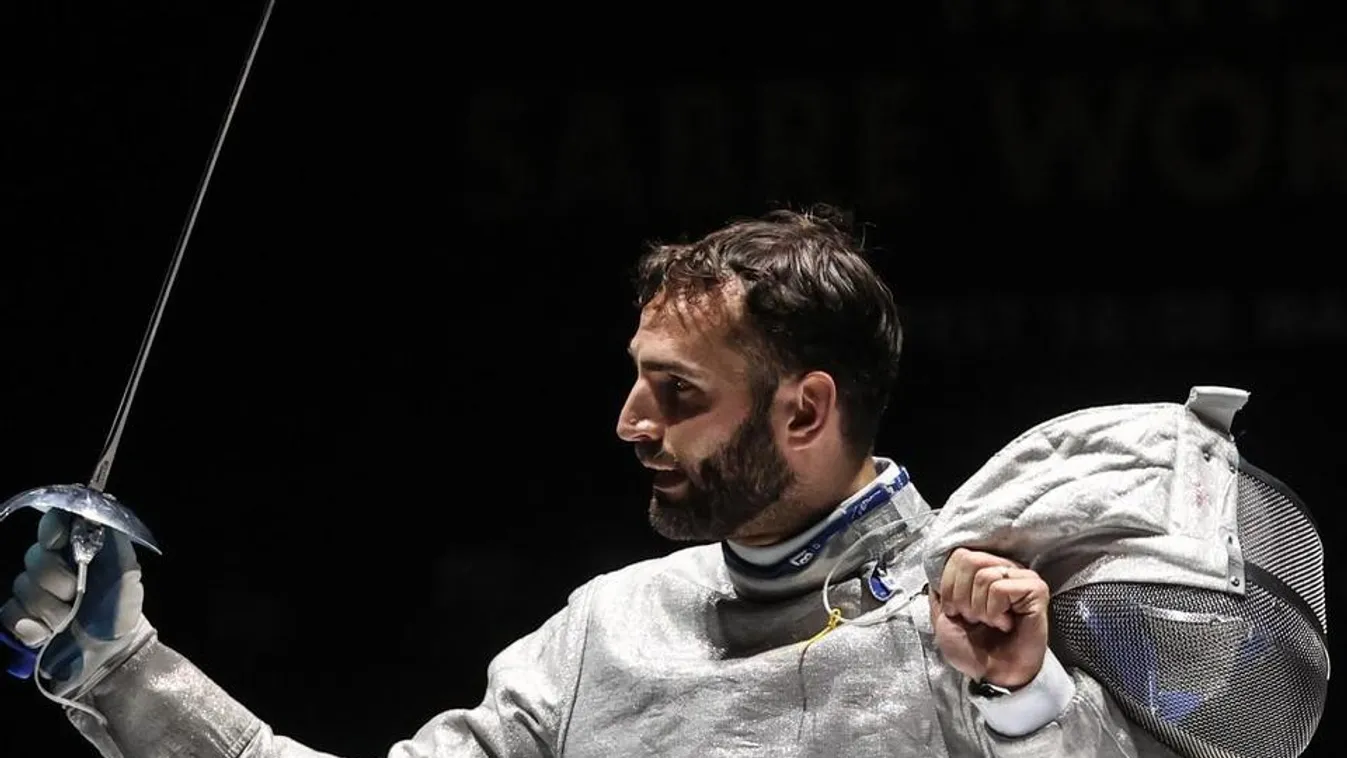„My book of life is still being written” – Pál Schmitt is 80 years old
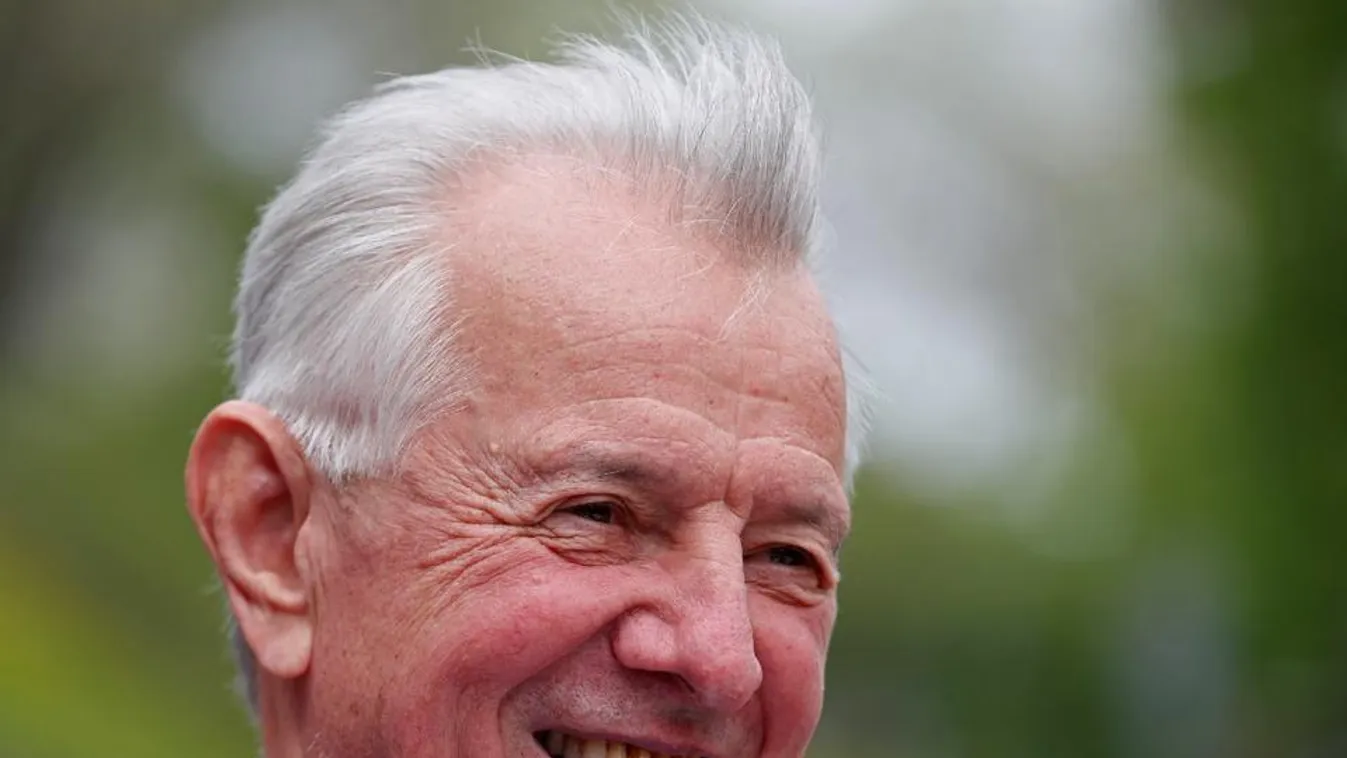
– Are you superstitious?
– Not at all.
– To celebrate the 80th birthday on Friday the 13th is...
– I'm in such a flow of birthdays I don't even realize that. I was filmed last week in the most important places of my life, such as the training camp in Tata, the Parliament, Petőfi High School, or the Carmelite monastery... It's just the family that makes a big deal out of it because it's already been leaked that there's going to be a dinner... I don't invite anyone separately, for sure. For me, this is like the other birthdays – at most, the media's honorable attention is greater. But all right, it's important that even my daughter Alexa comes home from the United States on this special occasion - that's the greatest benefit of this round number. Saying the number 80 out loud is worse...
– Is this already a "big enough number" when people evaluate their lives?
– I'm busy all the time, I don't really have time for that. I am still an IOC member; various sports leaders keep coming to me for advice. I teach subjects related to sports, environmental protection, and protocol knowledge at three universities. Anyways, evaluation is like closing a book. Mine is still being written, or so I feel.
– According to the rules, your active IOC membership expires, and you become an honorary member from now on. Does it not hurt a little after almost forty years of working there?
– That's the way things are. President Thomas Bach has already indicated that I should not be surprised if I receive a medal at the IOC meeting on May 22.
– It's a nice gesture.
– It is, but it's online, so it's not that big of a deal.
– Still?
– During the pandemic, they figured out how much they can save with these online conferences. Officially, health protection is still included in the justification, but basically, a lot of money can be kept if they don't have to pay for more than 100 people's first-class travel and accommodate them in five-star hotels. We experienced this as well along with so many others in these 40 years. Few people have the opportunity to spend such a long time in a given position, but this kind of permanence has always been my characteristic. I also sat as president of MOB for twenty-one years after all. The IOC was a good school. I can say that I have heard a lot of things – there, also then as a sports manager, a state leader, a vice-president of the European Parliament, and as an ambassador. I've been in a lot of places to enrich my knowledge and give me confidence that will help me out in any situation.
– What were the highlights of your career at the IOC, which has accompanied you for half your life?
– One of the most important is the topic of environmental protection, which, guided by the zeal of youth, I raised to President Juan Antonio Samaranch who said that it was ok, but then I will lead the new committee. I had no idea about sustainability at the time, that is, I learned almost everything on the go. But today, I can say that I have gained extremely interesting and important knowledge over the years. Furthermore, I have served as chief of protocol for 15 years, which in this world, where members of royal families, sheiks, lords, and highly respected sports federation leaders operate, is a particularly big challenge. To navigate here, to make decisions with a steady hand – this is quite a serious task. Before receptions, Samaranch, for example, always asked, "Pál, which is the main table?" "Where you sit at, Mr. President," I said to him with a smile. "And who sits next to me?" "Forty people want to, but only six of them can, so there will be quite a lot of pushing and shoving...", we teased each other. By the way, especially in the first period, he threw in huge tricks because, to put it mildly, it was not easy to see him because of his stature. When he entered a place, three or four photographers were clicking their cameras with tremendous intensity, and the flashes were on. and I asked him where they were working because the media were not invited. And he said, "I don't even know if there's a film strip in their cameras, I just asked a couple of people to be here to flash the cameras, so people know from the clicking sound and the lights that I've arrived..." Later, of course, he was not in need of such a thing – he grew into such an authority. He was the best president I have worked with, he put the IOC on a growth path, he laid the stable foundations of management with modern TV contracts, a new marketing program, he built the Olympic Museum in Lausanne, he brought the athletes to be members and urged as many women as possible to be on the board. And what made our relationship unique was his strange fatherly love for the Hungarians. He visited us once every year during his presidency. We had to beg his successors to beg to visit Hungary at least once during their leadership period.
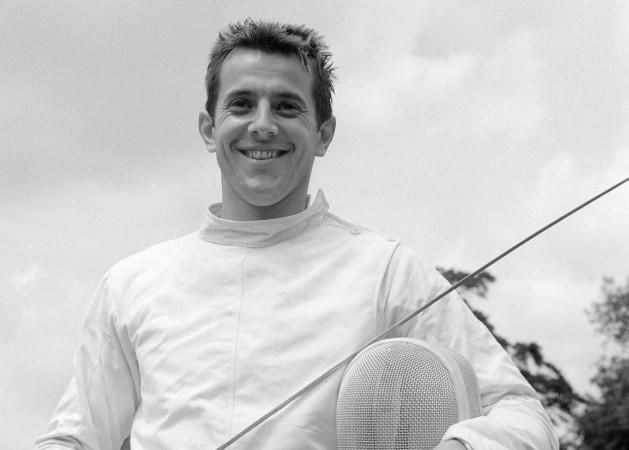
– The IOC is such an aristocratic organization, and it is so beneficial because here the member states do not automatically receive seats with votes, so the power machinations do not go the same way as in other international sports organizations, where the so-called third world delegates can be bribed. And, of course, the administration is much more professional as well.
– For sure. Slowly, it's becoming so big that it's almost untraceable. Samaranch refused to allow more than 100 people to work for the IOC at the time, and he stipulated that if they wanted to hire someone new at all costs, they would have to say goodbye to an old one. In comparison, there are now four hundred and thirty employees, and the Madrid television detachment is not yet included in this. However, as long as the Americans are interested in the Olympics, there will be money for everything. About 15 sports live solely on what they receive from the IOC in each cycle. And, of course, let's add to the fact that the formation of WADA was also initiated by Samaranch. Doping is a very dark cloud in the skies of the sport, and some sports have given up on controlling it – for example, the big American leagues, then professional football and tennis – they may still have something, but that's just a showcase. But when they could, they were seriously beaten up. For example, look at what happened to the Russians, they fully deserved it – at least in that area. However, I am absolutely opposed to their current almost total ban. The whole situation turned upside down for me when wheelchair athletes were sent back home from the Winter Paralympics in Beijing. I'm not a lawyer, but I don't think collective guilt exists. As in not all Russians should be swept away because of the military actions of high politics there – I find it unfortunate. As an IOC member, I have sworn that my decisions and actions are not influenced by political, religious, gender and racial considerations. We've all said this, so after all this, how is it possible for the IOC to get where it is, and how do they think that we should try to make peace by sanctioning their athletes?

As MOB President, Pál Schmitt regularly hosted Juan Antonio Samaranch, the first man of the International Olympic Committee, in Budapest (Photo: AFP)
– I wouldn't want to be very insidious about this number 80, let alone the evaluation, but wouldn't you go through these eight decades broadly – say by tens?
– I've never broken it up like this before. But let's do it. I don't remember the first ten, except that I had to be a good kid, a good student, learn a language, go to church, and play the piano. I tried to live up to everything, to take private French and of course, German lessons as with the name Schmitt I couldn't not to. From 10 to 20, interesting things happened – I was 16 when I started pentathlon. Then I went to a high school where the student body elected the PE teacher as the director in 1956, plus, by collective decision, we abolished the learning of the Russian language. I was 17 years old when my dad died. This is the period of becoming a man – I was not admitted to Budapest University at first because my father was a doctor, and although he was no longer alive, the principle at that time was that children of intellectuals should do manual labor, and the children of manual labor workers should go to university. The third decade was about sports successes and, of course, my wonderful Katica, with whom we got married, we had children, Gréta, Alexa and Petra – we have been married for fifty-six years, so this is also worth a chapter alone. I also started working at the Hotel Astoria where I spent 17 years. I became an Olympic champion for the first time at the age of 26 in 1968, and I had just turned 30 when I won my second gold medal. Another Olympics fit in the fourth decade while working at Astoria – but maybe I shouldn't have done it with three children. Also, the injuries came.
– How did you prepare for the Olympics with three kids and a full-time job?
– Exactly. I went to Tata as deputy director, opened the breakfast place every day, and then I went to train. The team didn't change, after all, we knew we could win, but if I look back, we were already jolting at the World Championships. I think there were some young people who would have been better than me, and I think of Ernő Kolczonay. I finally quit after Montreal, and four years later came the first truly responsible assignment. Uncle Imre Németh retired at the Népstadion and Its Institutions, and they found me as his successor: Olympic champion, showcase man, and although I was not a member of the party, they found me useful.
– And reaching the 50s followed the IOC membership. There are different legends surrounding why you were chosen, so let's make it clear once and for all, after 40 years.
–I owe it to my language skills. In 1983, President Samaranch visited us for the World Artistic Gymnastics Championships, and I guided him for days as director of the new Budapest Sportcsarnok while we were talking in Spanish.
– How did Spanish come about?
– At the Mexico City Olympics. I decided to learn it, and I have never learned any other language with the same intensity and enthusiasm as Spanish – after three years I already passed the exam. When poor Árpád Csanádi died, who had great authority and an outstandingly good relationship with Samaranch, it was clear that the president needed a Hungarian among the members. And when he was asked who it should be, he replied that there was a young man who spoke languages, so send him. He also discussed this with István Buda, the president of MOB at the time, who may not have wanted me, but after Samaranch asked for it, it was finally approved by the upper authorities as well.
– At the time of the announcement, I attended a conference in Sofia on nothing, really. Since I was never close to politics, I did not know beforehand when it would be announced, or whether it would be announced at all. That it was in the air is undeniable, of course. Sports belonged to Lajos Czinege, Minister of Defense, and in the spring of '84, he invited me to ask me how the Olympic preparations were going. I, in my capacity as MOB Secretary General, enthusiastically began to list that the uniforms had been completed, and we set the day for the oath, to which he then said: "Wait a little longer with all this." So, he already knew how it was going to end.
– Then came the two most successful Olympics, Seoul and Barcelona, after Helsinki,
– After which everyone congratulated me, but it was during this period that I learned how important it is to emphasize: I did not score, I did not stand on the podium, everything is the merit of the associations and the departments. After I became president in 1989, I made it clear that MOB is a background institution at most. I tried to convey to all my colleagues and then to all my successors that the federation and sports workshop do the real work and that they need to be supported. Furthermore, the coaches must be highly appreciated because the good professional is indeed the golden goose: champions come and go, but the coaches remain for decades; they are the real custodians of the great achievements. Where are we left off?
– Now comes the chapter from age of 50 to 60.
– From 1992 to 2002, I worked with various governments as president. I learned from Samaranch that whoever is in power, you have to cooperate with them, no matter what color they are – and it is best for the federations to do the same. Over time, we received less support, and fewer decisions were left to us, but MOB has always been similar to the famous motto of one of the French cities: ‘it is tossed, but does not sink.'
– How did you then become an ambassador?
– József Antall invited me in saying that he sees that as a president, an IOC member, I am a kind of diplomat, and they need people of this quality, and asked me if I would take on such a task – although I did not have much choice, the United Kingdom, Canada or Spain were the only options. After a short thought, I chose Madrid, and then I called Samaranch and happily told him, “Guess what, I'm going to be an ambassador to your country!” He asked me, “Did they offer other places, too?” I said London or Ottawa. The other side of the line was silent, and then he replied – I still can recall the Spanish dialogue to this day: "Are you crazy, son? You could have chosen London, the capital of the world, of which Madrid could not even be a suburb?" Then we agreed that the Spanish language, culture, and music were very close to me. This was also the period when MOB had its 100th anniversary in 1995, which we celebrated with, among other things, the IOC meeting held in Budapest. For me, this was of utmost importance: to appreciate the Olympic idea, to have an Olympic day, a champions' club, a museum, and awards. I was elected to the executive committee and later became vice president. In 1998, the post of ambassador to Bern was vacated, but my appointment there was a simple administrative decision, meaning that there was nothing behind it, I was just a few hours away from the headquarters of the IOC. However, it says a lot about the attitude of the Swiss that when I left four years later, at the usual protocol farewell, the President handed over a medium-size Swiss Army knife as a large-scale gift, and on the way out they had me sign a paper on the acceptance. Nevertheless, as President of Hungary, I still got surprised when, at the meeting of the Heads of State, after the usual one-on-one and then delegation meeting, my colleagues prepared the room for the reciprocal gifts. I found a very valuable, 600-year-old map of Switzerland of that time which I handed over later, and when I went passed through the room, I saw a mediocre coffee maker on the table of honor. I asked what that was doing there and said that it should be taken away from there, but they indicated, “Mr. President, that's going to be the Swiss president's gift to you...”
– Yes, this was already the period when you led MOB from abroad, after which you got picked on.
– First of all, a normal ambassador practically "inhabits" Spain, and travels around on weekends. Andalusia, Bilbao, Barcelona... However, I came home almost every weekend and even during the week when there was an event. I never felt fussed about regularly coming home, the Olympians also knew I was one of them. This is my habit, I have always looked at what I can do to help, I have never shaken anyone off, I have not swept away any Olympic-related requests, which has become more and more common lately, unfortunately.
– Oh, yes, the legendary sauna seances on Saturday mornings at the Hotel Hélia – big things were decided there on a regular basis, right?
– Yes, anyone who wanted something and endured it in a ninety-degree sauna deserved to be able to get his things done. At the same time, it was also a symbol as there was a sponsor that specifically supported older Olympians by allowing them to visit the spa for free all year round.
– At the same time, the hard core, that played an important role in not being able to move you from your position in 2006, was forged there perhaps.
– The seventh decade was special. Until I was 60 years old, party or trade union memberships were excluded for me, no KISZ, nothing. Then I was invited to join Fidesz and run for mayor of Budapest. I said yes, and then I won a silver medal... I've always been proud to say that it's good that I'm not a politician, and yet I find my place. In 2002, however, I was among the people who had no regrets about changing my practice. In addition, I got a boost in 2004, I was able to run the campaign for the first EP elections, which we won by a towering margin, and that is how I got out to Brussels, where I could then be Vice-President of the European Parliament and later head of the Committee on Sport and Culture. Two years later, however, several people conspired to replace me, but they failed to do so. Viktor Orbán noted at the time that our greatest victory in opposition in a long time was that you remained in your position against such a coalition. The athletes played a significant role in this, great champions stood up for me then, which mattered a lot. At the time I thought nothing can hurt me, but my heart did get hurt because of stress, and I could not even go to “Uncle” Puskás' funeral.
– But the compensation came in 2010.
– I struck it rich: within three years, I became Vice-President of the European Parliament for the first time, then President of Parliament, and finally President of Hungary. I resigned in the seventh decade so that the eighth, the period of reassurance, would come.
– Is there anything you regret?
– I tried to carry out certain attacks with dignity. There was never a verdict that I cheated or committed an ethical violation. At the IOC, I didn't feel nice when President Rogge said we needed peace, and that I should not go to the London Olympics. By then I already had four stents in my heart, this spiral was placed on the vascular walls, which guarantees that the given artery will not be blocked. This number has gone up to six now, but thank you, I'm fine. But then my cardiologist stated that my stress tolerance might not be the same – and I didn't want to be a controversial person, so I thought I would create peace by resigning, regardless of the fact that I had a career behind me that would have been enough for five people. I'm still a member of the IOC, but I said goodbye to my beloved environmental committee and protocol, so my position is a little empty. Of course, I participated in the Olympic bid – we couldn't have beaten Paris, but maybe the United States. If we stayed, they wouldn't automatically give 2028 to Los Angeles, and either there or later we might have won. But you can't operate with a “might have,” especially not in sports. Or, as the French say, if Paris were a wine, it could be filled in a bottle. This has just as much sense as the “might have” sentences.
– And how relaxed was the period from age 70 to 80?
– I tried and still try to take care of myself. I wanted to learn Greek. The Olympics weaved through my career as a competitor and as a leader, and in honor of that, I thought I was cool enough that after the other five languages, I wouldn't have a problem with that. I hired a tutor and came twice a week – but I had to admit that it was not going the way it used to be. However, since I have to learn something new, I learned how to play the Turkish pipe. Then I play an awful lot of chess, especially with the computer – and I always remember Judit Polgár's wisdom that chess is like life: every step has consequences. I think Judit is also right that chess should be introduced in addition to math in schools. It strengthens logic and teaches you when to move what figure.
– But it seems as if that unnecessarily undertaken third Olympics is backfiring, at least the way you walk shows that you had a strain on your knee on the piste.
– Let's just say my elite athlete problems are starting to fire back. Or rather, things have slowed down normally. Of course, I try to keep myself fit, I do dumbbells, I swim, go to a sauna, and there is more time for my family, Katica, the three girls and the six grandchildren. I no longer wish to travel at all. I have flown 600 times in the five years just between Brussels and Budapest alone. While the next generation doesn't matter to the American retirees and they travel and spend all their money, I'm not interested in this kind of thing at all, and I don't really want to go anywhere anymore. The pandemic has also played a role in this, which slowed everything down even further, eliminating normal communication.
– And what is the plan for the ninth and tenth decade?
– I teach at three universities, as I said, and I even wrote a book for the University of Physical Education about sports and environmental protection. I enjoy the classes, there is interest in them, and working with young people keeps me young too. Furthermore, I feel that I still benefit Hungarian sports, I am still needed, and I am trying to make use of these experiences. And, of course, water polo became a family program because of Vendel and Vince (Vigvári). It occurred to me on the occasion of this that if I were to find myself in a decision-making situation once in my life, as I will not, I would try to spectacularly reduce this completely exaggerated signing of foreigners. It's so unfavorable that the one who has the money wins. And now, because of Vendel, I am closely watching that even in our most successful team sport, water polo, the Hungarian champion stands on the podium with three or four foreigners, who earn two or three times as much as local talents. Does this make sense in the longer term that there are hardly any Hungarians on the court at a Szolnok-Körmend basketball tournament? Or in handball, there is not one Hungarian in a Veszpém-Szeged match? And in football, I am slowly becoming a Paks fan, and Vince and his team, OSC, prove that it is possible to achieve significant results with Hungarians only too. Of course, I know the European regulations, the possibilities, and the limitations, but I would still take action against it in some way.
– I support it.
– Then there are two of us already.
– I think there are more of them. By the way, is it also a plan that, although as an honorary member, you will watch Vendel and Vince's Olympic announcement of results on the spot in Los Angeles?
– It can happen in Paris too. They're talented enough for that. The grandparents are Olympians, and their dreams are aligned with that.
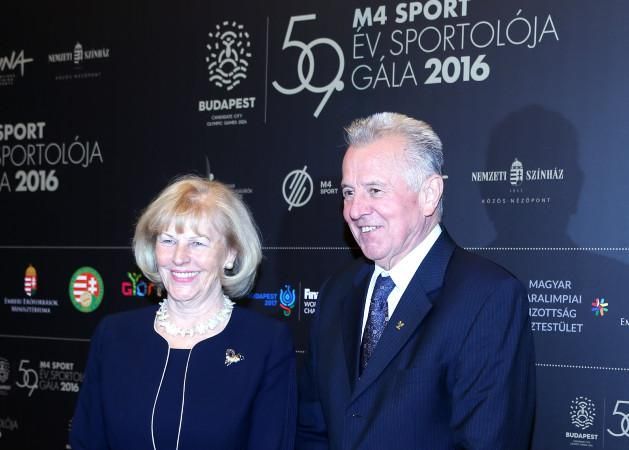
APPLE PEEL VS BUSINESS CARD
Based on his six years at MOB, I can say that Pál Schmitt has an inimitable cheerful self, which unfortunately appears less frequently in public, because of his various positions, he should rather demonstrate authority after all. But it often happens that he does not hold back – then he begins to sparkle, recite anecdotes, or even make ironic comments on any topic, and he made the leaders of important positions in Hungarian sports laugh multiple times at board meetings.
Now, during the interview, he had other similar comments, but because of the illustrious anniversary and the unique career, we have embossed the more dignified part of the conversation, so let me recall the last few words.
– So we're done?
– I think so.
– Have I ever given you a business card?
– Come on, I've known your number, your e-mail for ages...
– I'll give you one anyways.
– If you want to.
– It's an old rule: do not hesitate to hand out business cards to anyone. If you ever eat an apple and its peel gets stuck between your teeth, the card can help you a lot!
Translated by Vanda Orosz
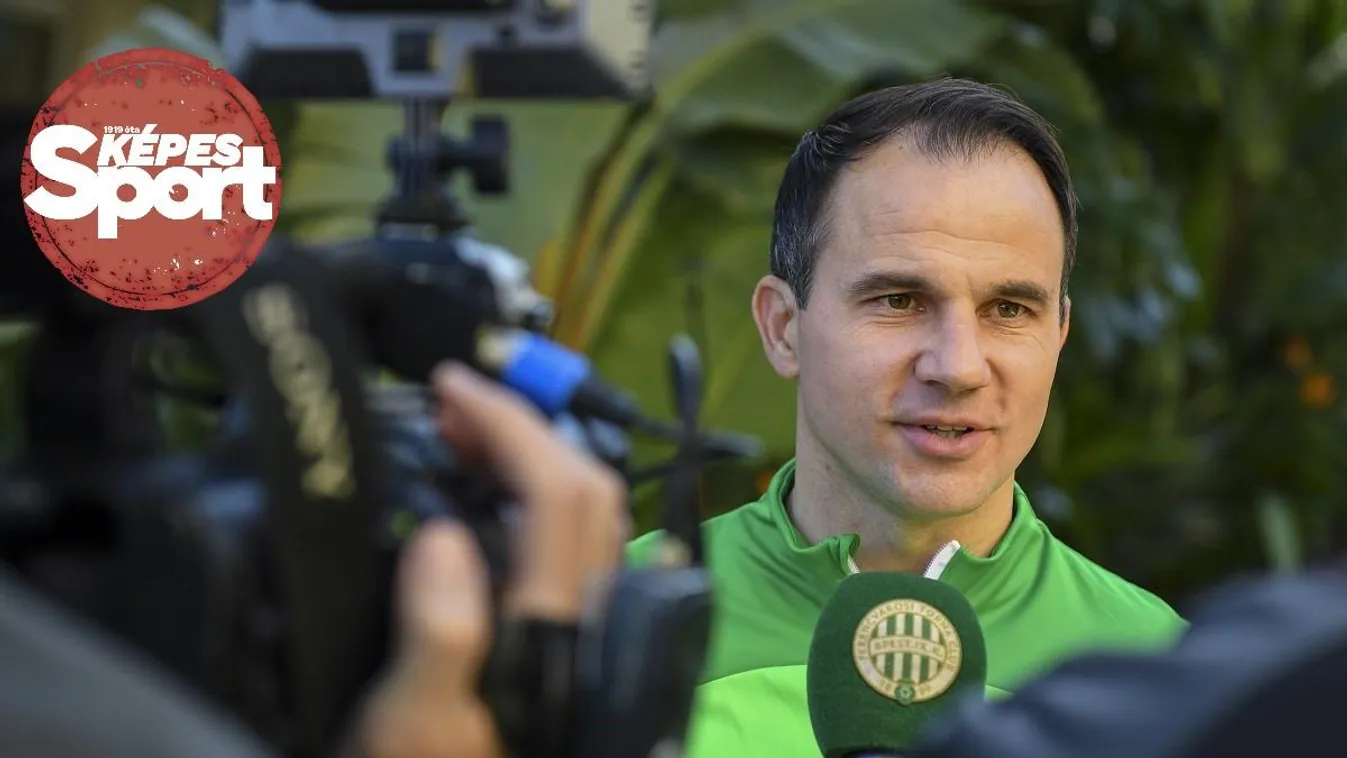
Tamás Hajnal: Ferencváros’ primary mission is success!

Davis Cup: Zoltán Nagy says the team did everything to win
